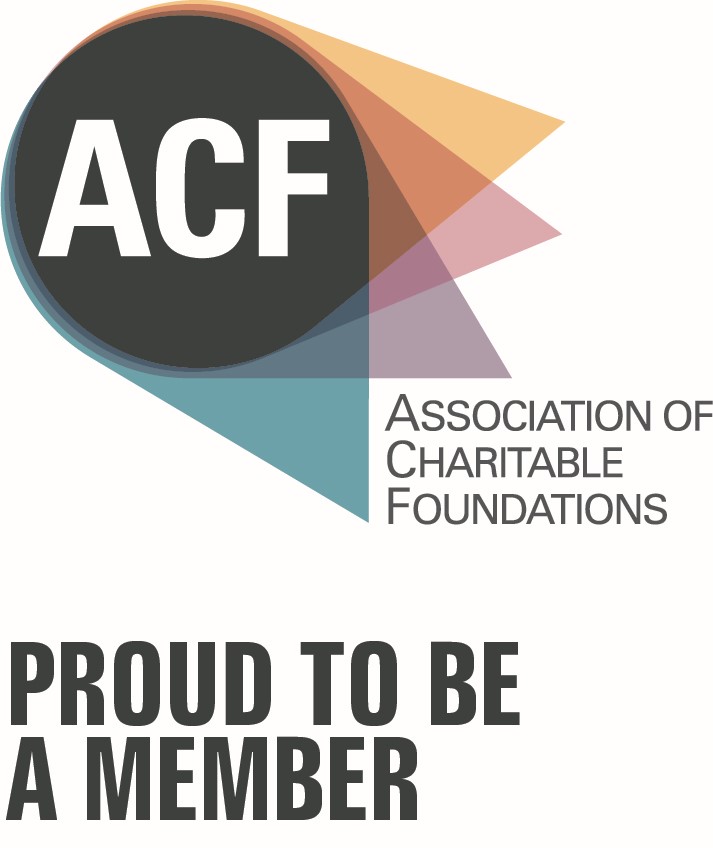The courage of compassion
Supporting nurses and midwives to deliver high-quality care
A new report commissioned by the RCN Foundation and produced by The King’s Fund, found that staff stress, absenteeism and turnover in the nursing and midwifery professions have reached alarmingly high levels. This has been compounded by the COVID-19 pandemic, which has laid bare and exacerbated longer-term issues including excessive workload, staff burnout and inequalities, particularly among black and minority ethnic groups. The work was led by Professor Michael West, Senior Visiting Fellow at The King’s Fund.
Following a comprehensive examination of the evidence, new analysis of key data and interviews with staff at all levels, the report sets out eight key recommendations. These recommendations are aimed at supporting the wellbeing of nurses and midwives across the UK, including those working in adult social care, GP practices, community care and other settings.
The new report also recommends that new minimum standards to improve working conditions and a review of 12-hour shifts are needed to address exhaustion and burnout among nurses and midwives.
Other recommendations include suggestions to improve workplace culture, team-working, support for new staff, supervision and learning opportunities.
“We need to create environments and cultures where nurses and midwives can flourish” says Professor Michael West, Senior Visiting Fellow at The King’s Fund “Unfortunately, this isn’t where many frontline staff find themselves at the moment, with increasing numbers facing working conditions that are damaging to their health. Major issues include chronic excessive workload, bullying, inadequate supervision, discrimination and poor teamworking. We need to see a concerted effort to tackle these root problems, to transform work life experience for nurses, midwives and thereby the quality of care for the communities they serve.”
Suzie Bailey, Director of Leadership and Organisational Development at The King’s Fund adds “The current system is not sustainable. Nursing and midwifery are fantastic professions, full of skilled, caring and dedicated people. The pandemic has brought many challenges, but in response we’ve seen new ways of delivering care and supporting staff that could bring benefits beyond the crisis.”
Deepa Korea, Director of the RCN Foundation, says:
“The mental health and wellbeing of the nursing and midwifery profession is a key priority for the RCN Foundation. We are pleased to have commissioned this compelling report which delivers a powerful message about the urgent transformational change that is required to enable nurses and midwives to thrive in their workplaces. Importantly, this report provides a blueprint for the actions that are needed to tackle the issues which have long faced the profession. We look forward to working with a coalition of partners to help deliver the change that is needed. This will have an impact not only on the wellbeing of the nurses and midwives, but also that of their patients, residents and communities.”
The full report can be read at https://www.kingsfund.org.uk/publications/courage-compassion-supporting-nurses-midwives
The courage of compassion: transforming nurses’ and midwives’ working environments to enable them to flourish Thursday 3 December 12:00 - 1:00pm
We are delighted to be working with The King's Fund as sponsors of an online event in which an expert panel will explore the issues raised in the recent report 'The Courage of Compassion'. The conversation will explore:
-
workplace stressors, work conditions and ways of working – including workload, shift patterns and supervision – that have an impact on nurse and midwife wellbeing, and how these can be positively transformed organisational cultures and leadership styles – including those around diversity and inclusion, psychological safety and compassionate leadership at all levels – that need to be cultivated, and how progress can be achieved
-
lessons and examples of good practice from across the health and care system, from both before and during the Covid-19 pandemic.







